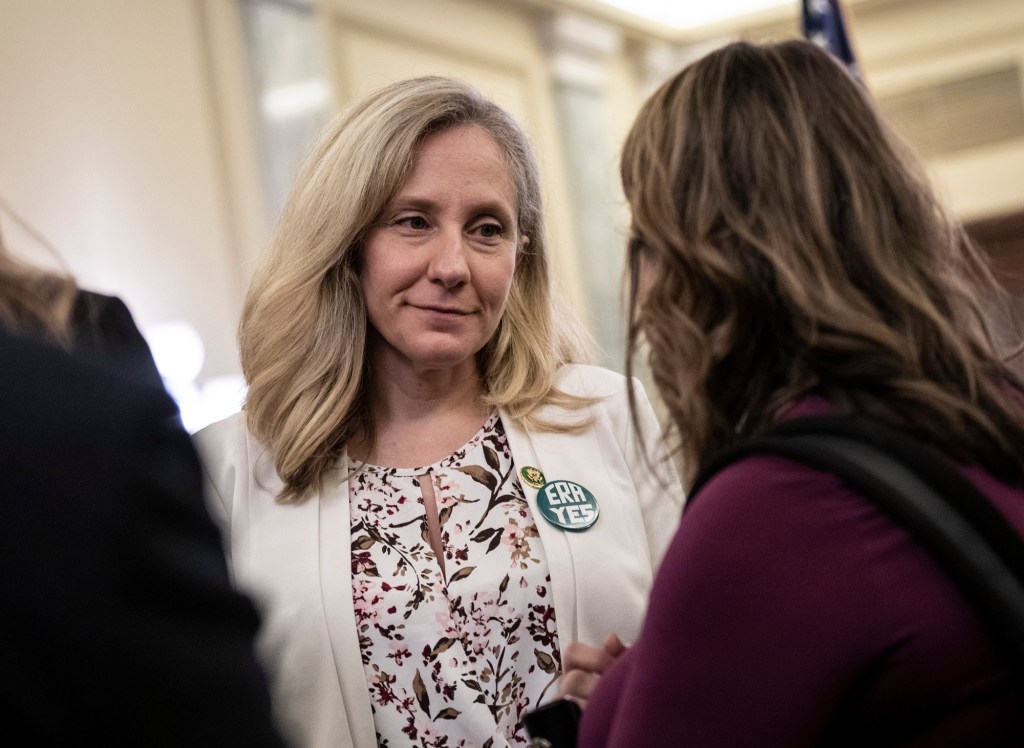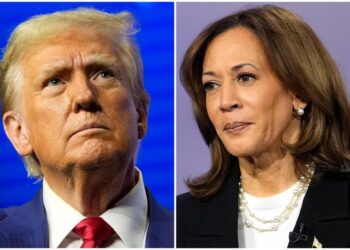Mike Johnson had hardly settled into his new office after winning the speaker’s gavel last October when Abigail Spanberger came knocking on stocks.
“I implore you to bring bipartisan legislation” to the floor that would ban members of Congress from trading individual stocks, the Virginia Democrat wrote in an Oct. 27 letter.
She never got a response from Johnson, which wasn’t a surprise. The Louisiana Republican has yet to take a position on the issue, making him something of an enigma to those who want to ban congressional trading.
Unlike his recent wealthy predecessors, Johnson reported no financial assets in 2022. He did not own or trade any stocks, according to mandatory disclosure forms. And between overdue appropriations bills and discontent on his right flank, he now has other things on his mind.
Asked this week about his thoughts on a stock ban, his spokesperson declined to comment.
But even as frustration mounts over something they say should be a no-brainer, given its broad support among voters, Spanberger and others vowed to keep the effort alive in the remainder of the 118th Congress.
“Momentum hasn’t cooled” entirely, insisted Spanberger, pointing to the unlikely coalition of lawmakers from across the political spectrum who have offered similar proposals.
Scrutiny of members’ trading has been building since the pandemic, when some lawmakers raised eyebrows by selling stocks soon before the market crashed. That prompted investigations from the Department of Justice, though no charges were filed. Reports from the media followed, highlighting a litany of questionable deals coming from the Capitol.
Advocates say a ban on individual trades would curb worries about conflicts of interest and insider trading in Congress. But lack of buy-in from leadership has been a sticking point. Former Speaker Nancy Pelosi — whose venture capitalist husband has made big moves on the stock market while his…
Read the full article here







